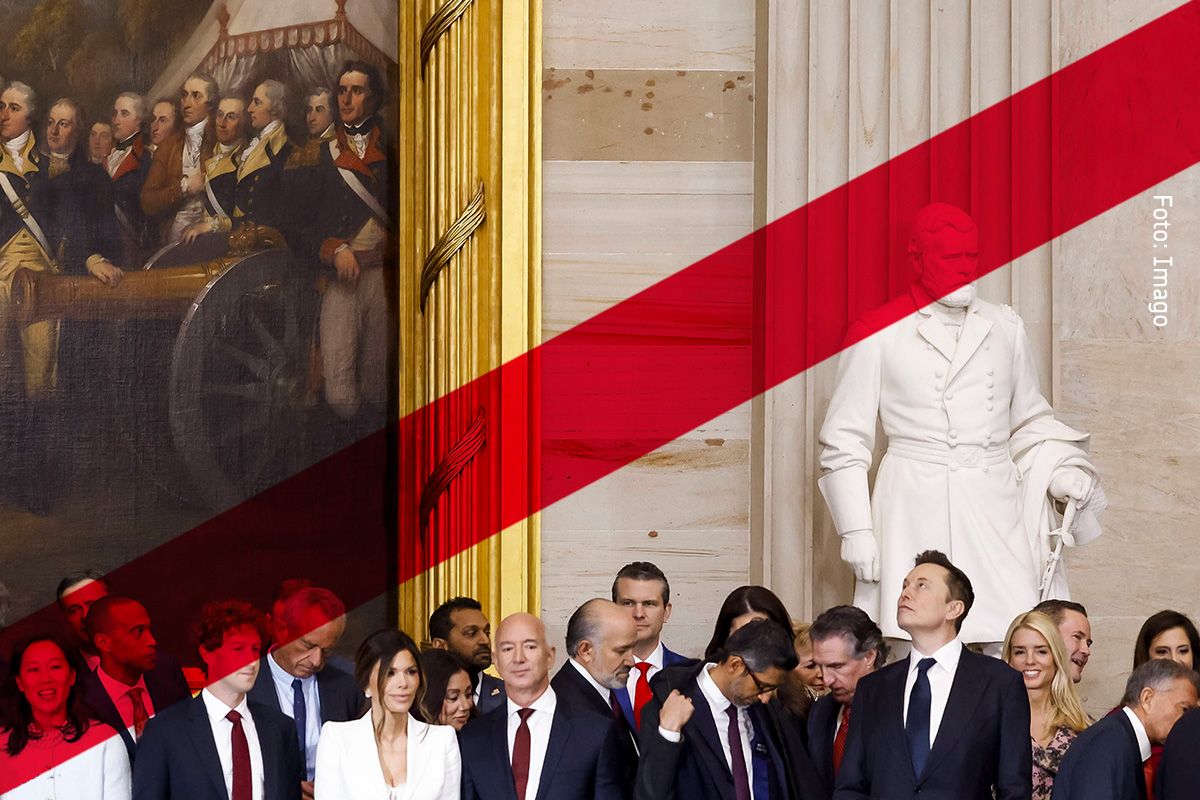No Freedom for the Enemies of Freedom? – Target Conflicts of Defensive Democracy

Is it legitimate to restrict political freedoms – such as freedom of speech or the right to build political parties and to run for elections – in order to protect national security and to defend liberal democracy against its enemies? This is of course one of the classic controversies of political theory and practice, as Ralf Fücks analyzes.
No tolerance toward intolerance
Karl Popper, one of the classics of modern liberalism, called for zero tolerance toward the intolerant. This gave rise to the concept of a “militant democracy,” which can be summed up in the phrase “no freedom for the enemies of freedom.”
That democracies should restrict political freedom for the enemies of political freedom, was a response to the experience that fascists and communists – the dedicated enemies of liberal democracy on the right and on the left – used the constitutional rights of liberal democracy to attack it. Hitler and his gang made no secret about their cynical approach to democracy: “We will use its opportunities and ultimately abolish it after we succesfully seized power.”
AfD-ban would be a sign of democracy’s weakness rather than its strength
Today, there is once again a heated debate inside Germany about whether to ban the party “Alternative for Germany,” which is at least in part right-wing extremist. I am critical whether this would be the right step – I argue that banning the party would rather be a sign of weakness of democrats than a sign of strength. And it would be political fodder for populists who are already talking about a “sham democracy” in which critical opinions are suppressed by the ruling elites.
I‘m more of an advocate of an Anglo-Saxon kind of liberalism with its very broad understanding of political freedom: The freedom of speech is always being measured by the freedom of those who think differently. Those who want to defend freedom of speech must also defend the right to be wrong. That must include opinions that are fundamentally opposed to our own convictions. To give an example: We should fight with all our might against positions that justify Russia’s war of aggression, but we should not ban them.
No naivety toward hostile instruments of power
Of course, we should not be naive. We know all too well that the Kremlin and other authoritarian powers are waging an information war against Western democracies, a constant barrage of disinformation and propaganda to divide our societies and strengthen the radical fringes.
It was a right step to revoke Russia Today’s television license in Germany and most European countries, at the latest after Russia’s large-scale attack on Ukraine. But here we are speaking about banning a state broadcaster, i.e. an instrument of state propaganda for a hostile power – we are not talking about restricting journalism.
However, the high value of freedom of expression is not a license to be abused at will. Like other political freedoms, it must be balanced against other legal interests. In Germany, personal Insults, inciting hatred against minorities, antisemitic propaganda and calling for violence are all punishable offenses. But we should be careful not to increasingly restrict freedom of expression. The government is not the authority that should decide on the truth of public statements and the legitimacy of certain political opinions. That would lead us down the slippery slope of censorship.
The red line: The call for violence
The most important red line we must draw against the enemies of liberal democracy is the call for and the use of violence. If necessary, non-violence must be enforced by the police and the judiciary. Non-violence is the dividing line between civil political conflict and civil war.
This, of course, applies to the domestic sphere of liberal democracies with free and fair elections and guaranteed citizens’ rights. In a dictatorship, the use of political violence against the ruling power is a different, more complicated issue. Instead of seeking refuge in repression, we should focus primarily on democratic education and active counter-information – and on convincing, effective policies that deprive extremists of their support base. We must find ways to defend a liberal society using liberal methods.
No answers yet toward the new challenges brought about by digital media
However, the problem is greatly exacerbated by the radical change in political communication brought about by the internet and social media. The digital media have opened the floodgates to a deluge of disinformation, hatred, and radical propaganda. The use of AI, bots, fake videos, and manipulated images further amplifies these effects. If we are honest, we have not yet found adequate responses to this. I suspect that we will have no choice but to use the tools of AI ourselves to defend against disinformation and hostile propaganda.
![]()
Hat Ihnen unser Beitrag gefallen? Dann spenden Sie doch einfach und bequem über unser Spendentool. Sie unterstützen damit die publizistische Arbeit von LibMod.
Spenden mit Bankeinzug
Spenden mit PayPal
Wir sind als gemeinnützig anerkannt, entsprechend sind Spenden steuerlich absetzbar. Für eine Spendenbescheinigung (nötig bei einem Betrag über 200 EUR), senden Sie Ihre Adressdaten bitte an finanzen@libmod.de
Verwandte Themen
Newsletter bestellen
Mit dem LibMod-Newsletter erhalten Sie regelmäßig Neuigkeiten zu unseren Themen in Ihr Postfach.





